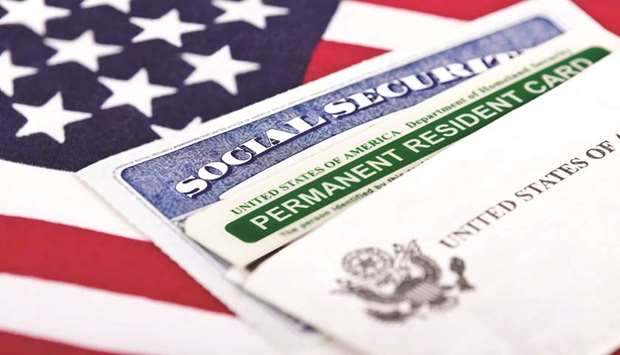More than 85% of American homes have some sort of computer. Millions of people rely on computers daily to access, formulate, and store information. People use computers for everything from sharing family pictures to shopping to banking and paying bills. But, we haven’t always been able to count on the convenience of the computer to make our lives easier.
How did Social Security, one of the world’s largest “bookkeeping operations,” manage to keep records of America’s workers before we had computers? How did we match workers with their earnings?
We used a process called the “Visible Index” that used tiny, bamboo strips wrapped in paper that were inserted into metal panels. The panels could be flipped back and forth to view the information on each side. Clerks had to look at each strip to find the exact Social Security number for a specific person. In 1959, when Social Security began converting information to microfilm, there were 163mn individual strips in the Visible Index.
The workers’ names were filed alphabetically by surname using a phonetic pronunciation code to ensure consistent filing. There were hundreds of thousands of people with the same surname. How did the staff meet the challenge? By knowing the system. Clerks familiar with the Index could locate a specific record within 60 seconds.
The Index took about 24,000sq ft of floor space and was extremely heavy. No building in the District of Columbia had floors sturdy enough to support the ever-increasing load. These weighty considerations led to Social Security getting its first large-scale computer, an IBM 705. Starting in 1956, the 705 was tasked with handling most of the accounting functions for the agency. It was still humming when it was replaced by a later generation of computers in 1961.
Back in 1937, there were only about 26mn American workers; but today, Social Security processes 260mn worker’s annual wage reports.
We have changed over time to meet the challenges of recording worker’s earnings correctly. Today, you don’t need a clerk or a visit to a local Social Security office to check your own information.

